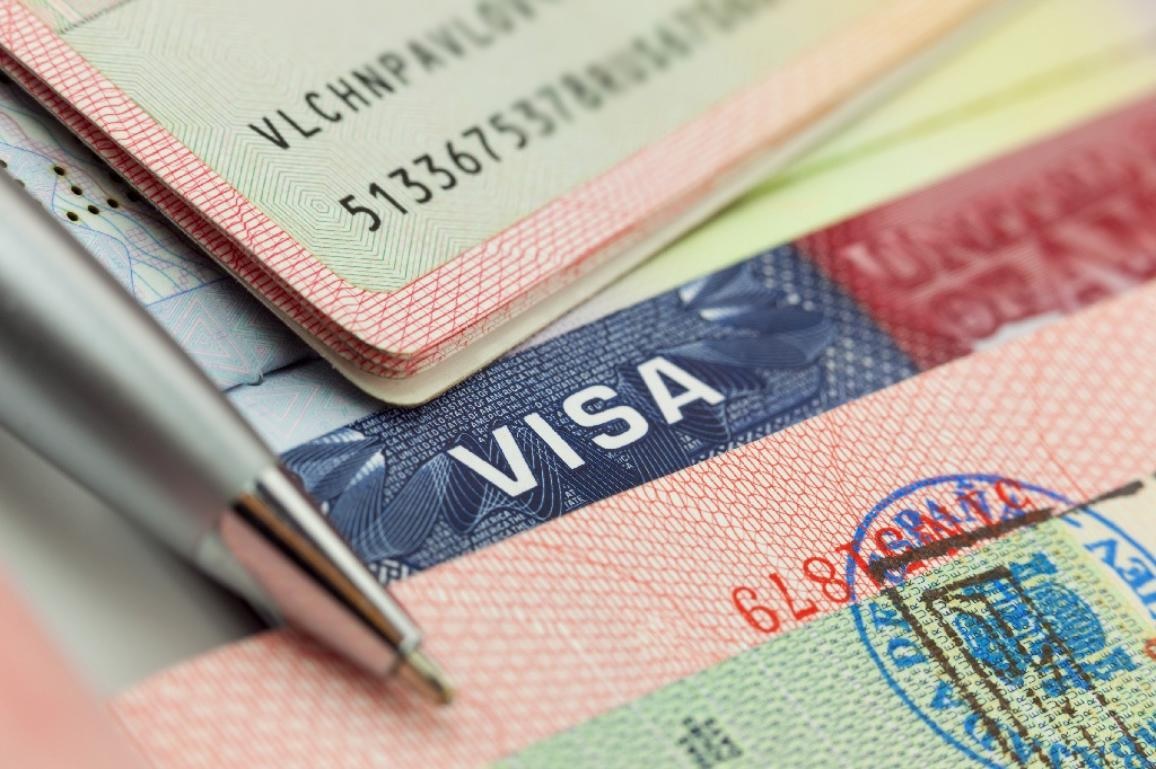Non-immigrant visas that do not require a petition – that is, the support or “sponsorship” of companies or individuals – such as tourist visas (B1/B2), will become more expensive starting May 30, the US State Department announced on Tuesday (28).
The fee for issuing the document will go from US$160 to US$185, an increase of about 15.6%.
However, the final value is still considerably lower than the one suggested by the agency in December: US$245.

The last readjustment of the values was made in 2012, although part of the list of visas affected by the current table changed in 2014.
OTHER VISAS CHANGE PRICE; WHAT ARE THEY?
Tourist visas were not the only ones that gained new values – the values also changed for exchange students, business travelers, and temporary workers, among others.
The cost of H, L, O, P, Q, and R class visa applications will rise from US$190 to US$205, a 7.9% increase.
BCCs (Border Crossing Cards, issued to Mexican citizens over 15) will go from US$160 to US$185, and tourist visas – a 15.6% adjustment.
The fees for category E will go from US$205 to US$315, a variation of 53.7%.
Issuing a waiver for exchange visitor visas for two years of residence will be kept at US$120 temporarily. The readjustment has been postponed.
More detailed information can also be found on the State Department’s Bureau of Consular Affairs website.
According to the report in the Federal Register with the details of the value adjustments, the costs are updated to cover the consular services offered since the current values do not cover the high demand for documents.
After a 60-day (until February 28) open public consultation, President Joe Biden’s administration revealed that it had received inquiries regarding the impact of the visa hike on tourism and especially on the international student community.
These complaints resulted in more modest increases than anticipated at the end of 2022.
However, the State Department does not believe that the fees that will apply to start May 30 will deter tourists and other visitors from using to enter the country.
With information from UOL

